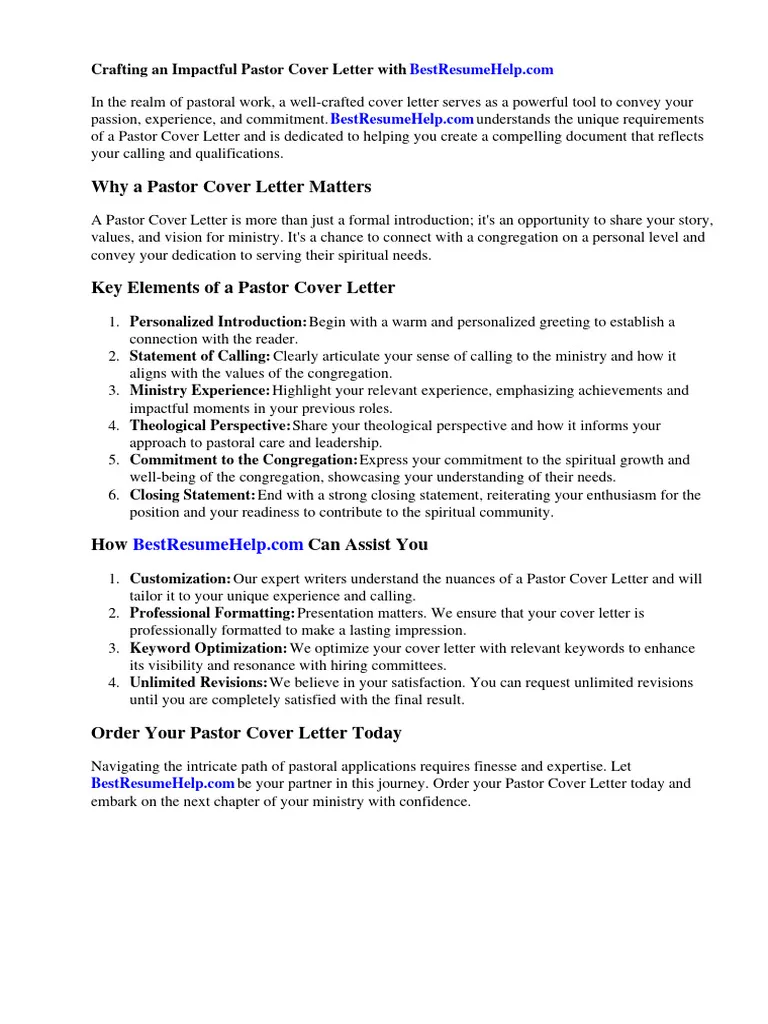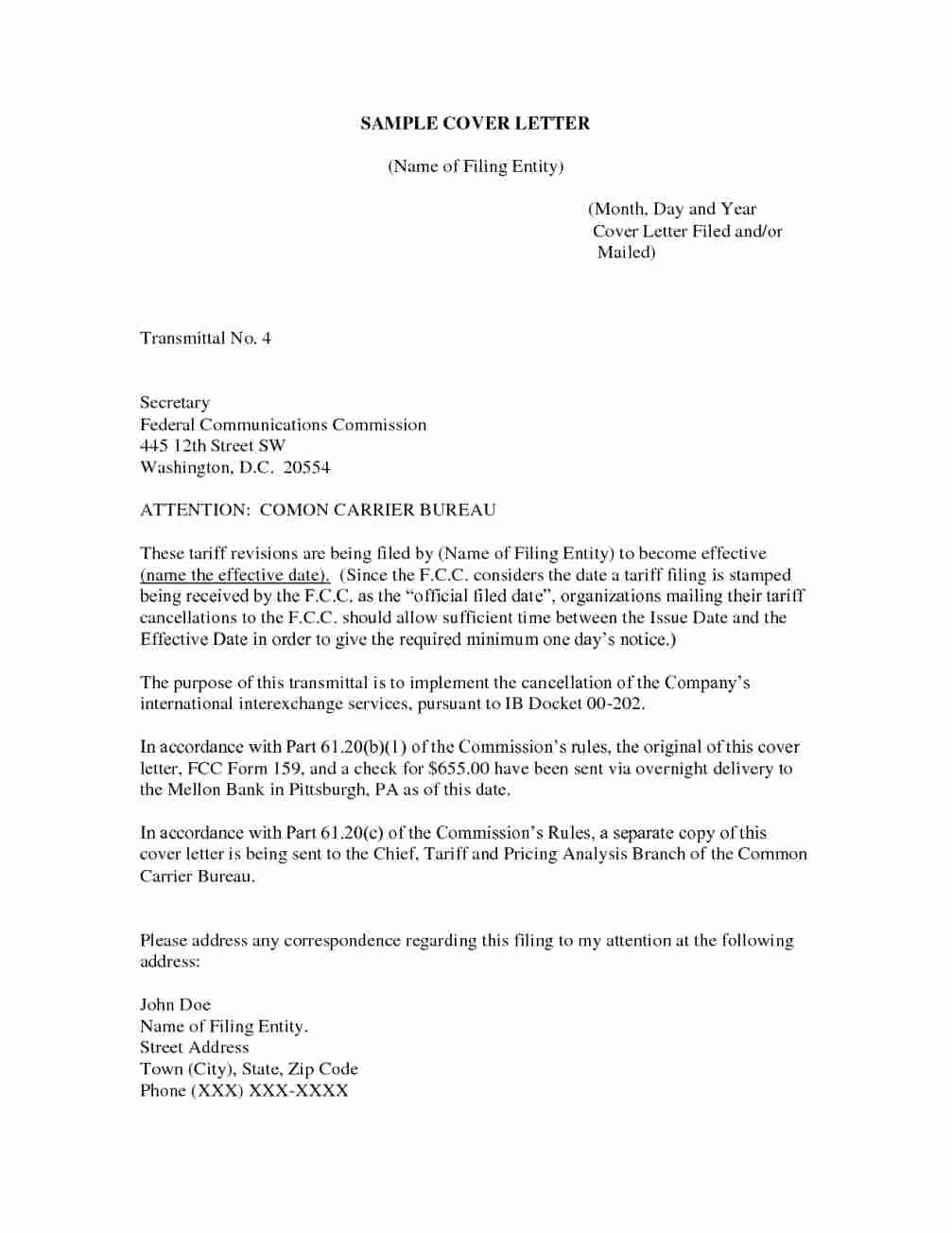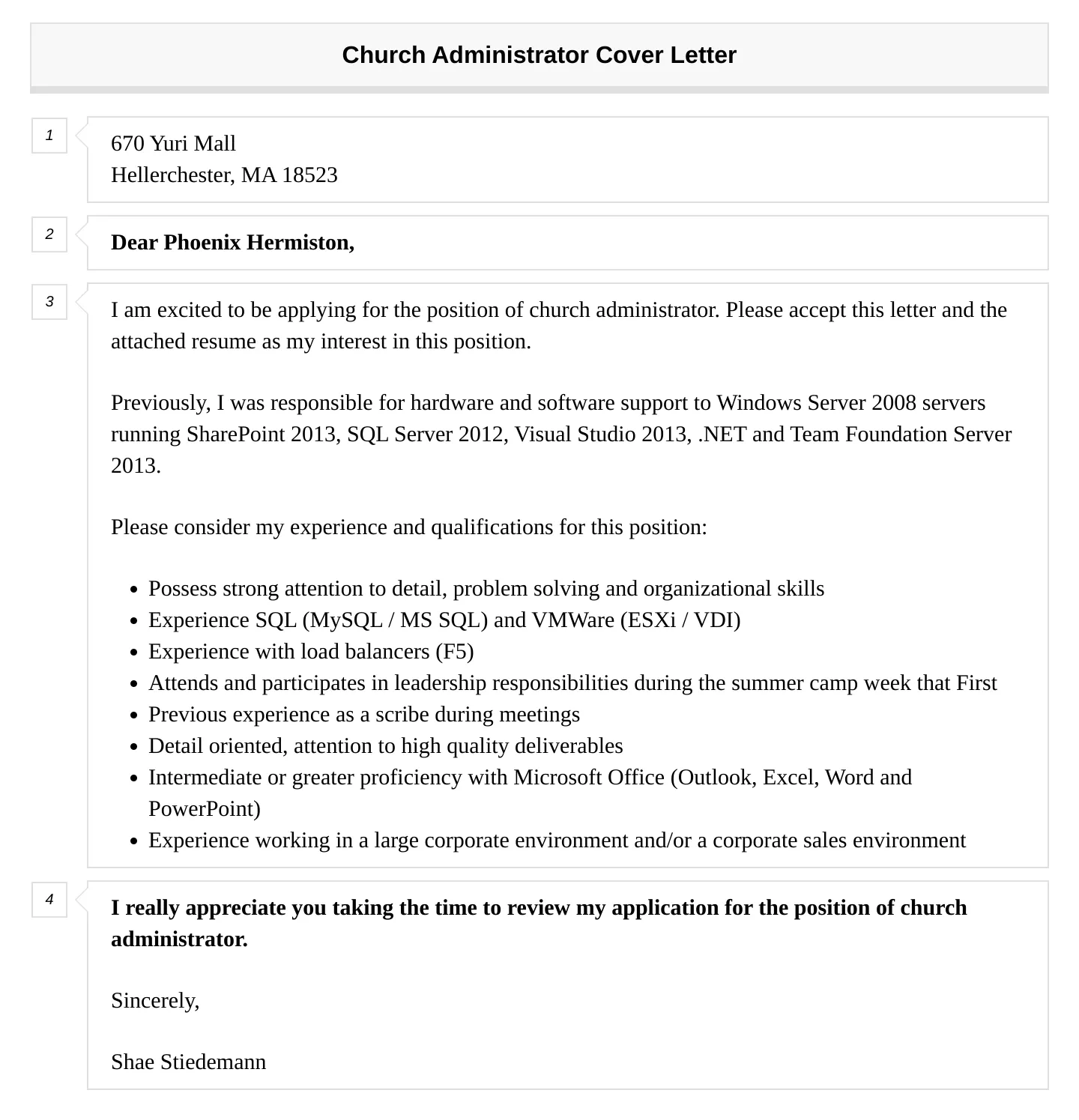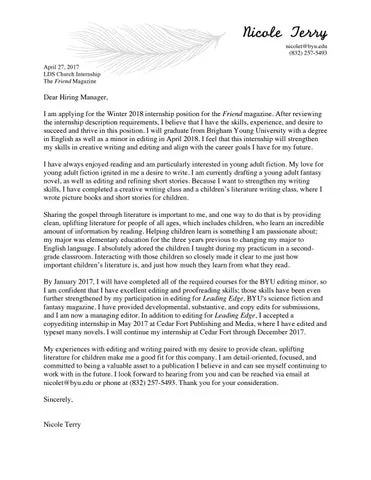Applying for a position within a church community requires more than just a resume. A well-crafted church cover letter is your opportunity to connect with the hiring committee on a personal level, demonstrating not only your qualifications but also your alignment with the church’s values and mission. This guide provides seven essential tips to help you create a cover letter that impresses, increasing your chances of landing your dream job in a faith-based environment. This is your chance to shine, letting your personality and faith guide you.
Understanding the Church Cover Letter
A church cover letter serves as an introduction to your application, going beyond the basic information found in your resume. It provides a space for you to explain why you are interested in the specific role and, more importantly, why you feel called to serve in that particular church. Unlike a standard cover letter, a church cover letter often requires you to articulate your faith, values, and how they align with the church’s mission. It should be a reflection of your spiritual journey, demonstrating how your beliefs resonate with the church community. The goal is to convey your understanding of the role, the church, and the community it serves.
Why a Cover Letter Matters
In the realm of church employment, a cover letter holds significant weight. It’s the first impression you make, setting the tone for your application and providing context to your resume. The cover letter lets the hiring committee understand your motivations, values, and how you see yourself fitting into the church’s culture. It’s an opportunity to show enthusiasm and provide specific examples of your experience and skills. Without a compelling cover letter, your resume might get overlooked, missing out on the chance to showcase your qualifications and spiritual alignment. By demonstrating your passion, the cover letter can elevate your application above others.
Key Components of a Church Cover Letter

A well-structured church cover letter typically includes several key components. Start with a professional heading that includes your contact information and the date. Next, address the letter to the appropriate person, if possible. The body of the letter should open with a strong statement of interest, clearly stating the position you are applying for and where you saw the job posting. Follow with a brief summary of your qualifications and why you are a good fit for the role and the church. Be sure to express your faith, align your values with the church’s mission, and express your gratitude for considering your application. Conclude with a call to action, expressing your eagerness for an interview and thanking the reader for their time. Always proofread your letter.
Address the Hiring Committee
Whenever possible, address your church cover letter to a specific person rather than using a generic greeting. Research the church’s website or contact the church office to find out the name of the hiring manager or the committee chairperson. Addressing the letter to a specific person shows that you have taken the time to learn about the church and are genuinely interested in the position. If you are unable to find a specific name, a general greeting like “Dear Hiring Committee” is acceptable, but always make an effort to personalize your letter. Knowing the specific person’s name helps you build a connection and show that you put in the extra effort to get to know them.
Highlight Relevant Experience
Clearly outline your experience, emphasizing skills and qualifications that are relevant to the job description. Use specific examples to illustrate your abilities and accomplishments. For instance, if the job requires experience in youth ministry, describe your work with youth groups, including activities, programs, and successes. Quantify your achievements whenever possible. Did you increase youth participation by a certain percentage? Did you lead a successful fundraising campaign? Providing tangible evidence of your abilities enhances your credibility and demonstrates your potential to contribute to the church. The church wants to know you can do the job, so clearly state how you have and can.
Showcase Your Faith and Values

A church cover letter is a unique opportunity to express your faith and values. Articulate your beliefs and how they align with the church’s mission and values. Share personal anecdotes or experiences that highlight your commitment to your faith and your passion for serving God. Explain how your faith informs your work ethic, your interactions with others, and your approach to the role. Let the hiring committee see your heart and your desire to be a part of their community. Demonstrate your understanding of the church’s specific doctrine and how you will contribute to its spiritual life. Be authentic and genuine, allowing your faith to shine through your words.
Demonstrate Your Skills and Qualifications
In addition to highlighting your faith, make sure to showcase your skills and qualifications relevant to the job description. Whether it’s leadership, communication, teaching, administrative skills, or any other skill required for the role, provide specific examples of how you have used these skills in the past. Use action verbs to describe your accomplishments and responsibilities. For example, instead of saying “I assisted with event planning,” say “I coordinated and executed the annual church picnic, managing a budget of $X and increasing attendance by Y%.” This will help the hiring committee assess your capabilities. Match your skills to the requirements in the job posting.
Tailor Your Letter to the Church
Avoid sending a generic cover letter. Tailor each letter to the specific church and the specific position. Research the church’s mission, values, and programs. Visit the church’s website, read their mission statement, and get a sense of their community. Address any specific needs or initiatives of the church in your letter, showing that you have taken the time to understand their unique context. Show how your skills and experience can help the church achieve its goals. Personalizing your cover letter demonstrates your genuine interest in the position and the church, showing that you are a good fit.
Proofread and Edit

Before you submit your cover letter, meticulously proofread and edit it. Errors in grammar, spelling, and punctuation can undermine your credibility and demonstrate a lack of attention to detail. Read the letter aloud to catch any awkward phrasing or unclear sentences. Have a friend, mentor, or career counselor review it as well. A fresh pair of eyes can often spot errors you might have missed. Ensure your letter is well-organized, concise, and easy to read. A polished, professional cover letter is a reflection of your commitment and attention to detail.
The Importance of Following Up
After submitting your church cover letter, it is appropriate to follow up with the hiring committee. Send a brief email or make a phone call a week or two after the application deadline to reiterate your interest in the position and inquire about the status of your application. Express your gratitude for their time and consideration. Following up shows your enthusiasm and initiative. During your follow-up, be polite and professional, and avoid being overly persistent. If you haven’t heard back within a reasonable timeframe, you can assume that your application has been unsuccessful. However, the follow-up is your last chance to show your interest.
In conclusion, writing a compelling church cover letter is crucial for making a positive first impression. By following these seven tips, you can create a cover letter that showcases your qualifications, expresses your faith, and demonstrates your alignment with the church’s mission. Remember to tailor your letter to each specific church, proofread meticulously, and follow up appropriately. Good luck!
